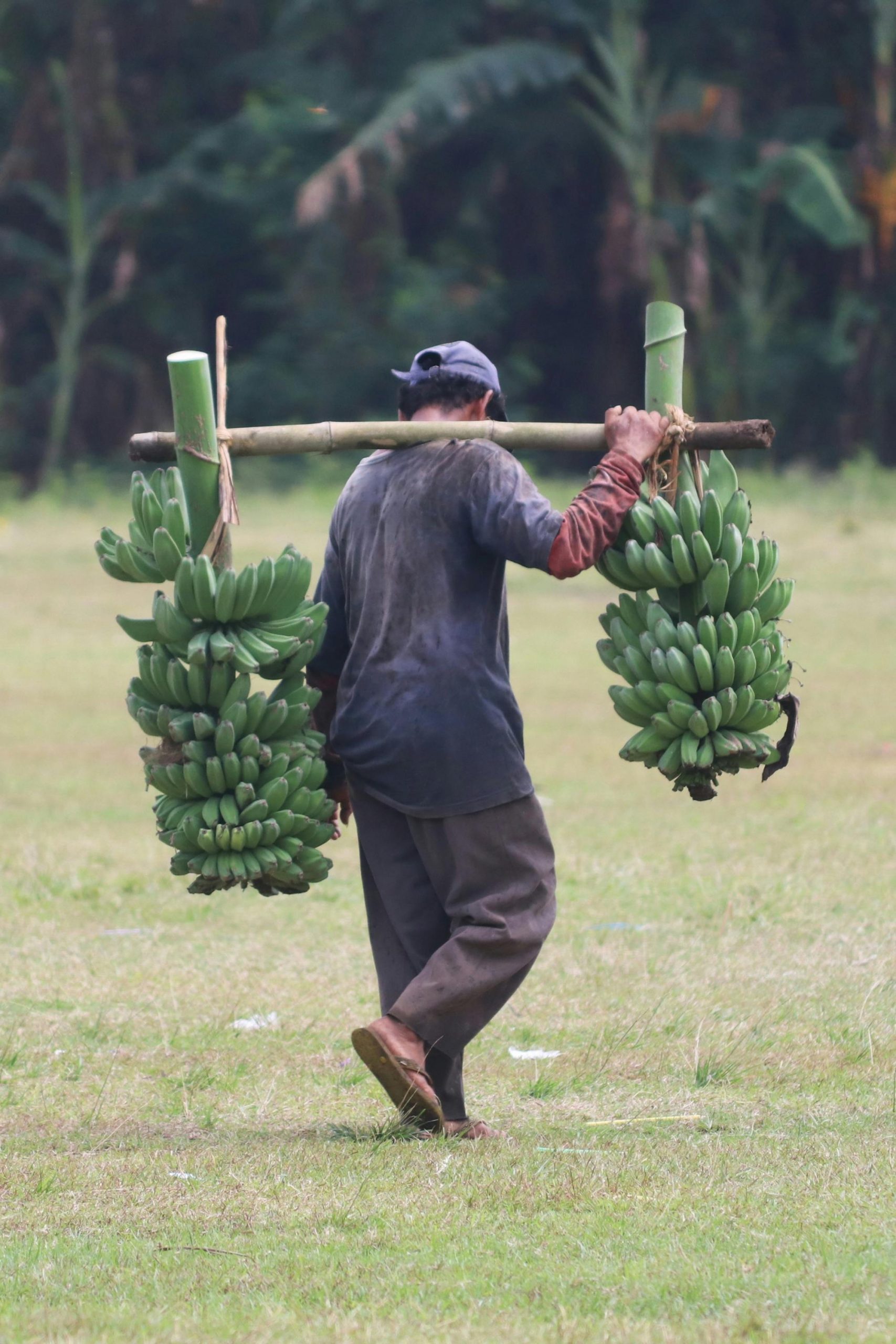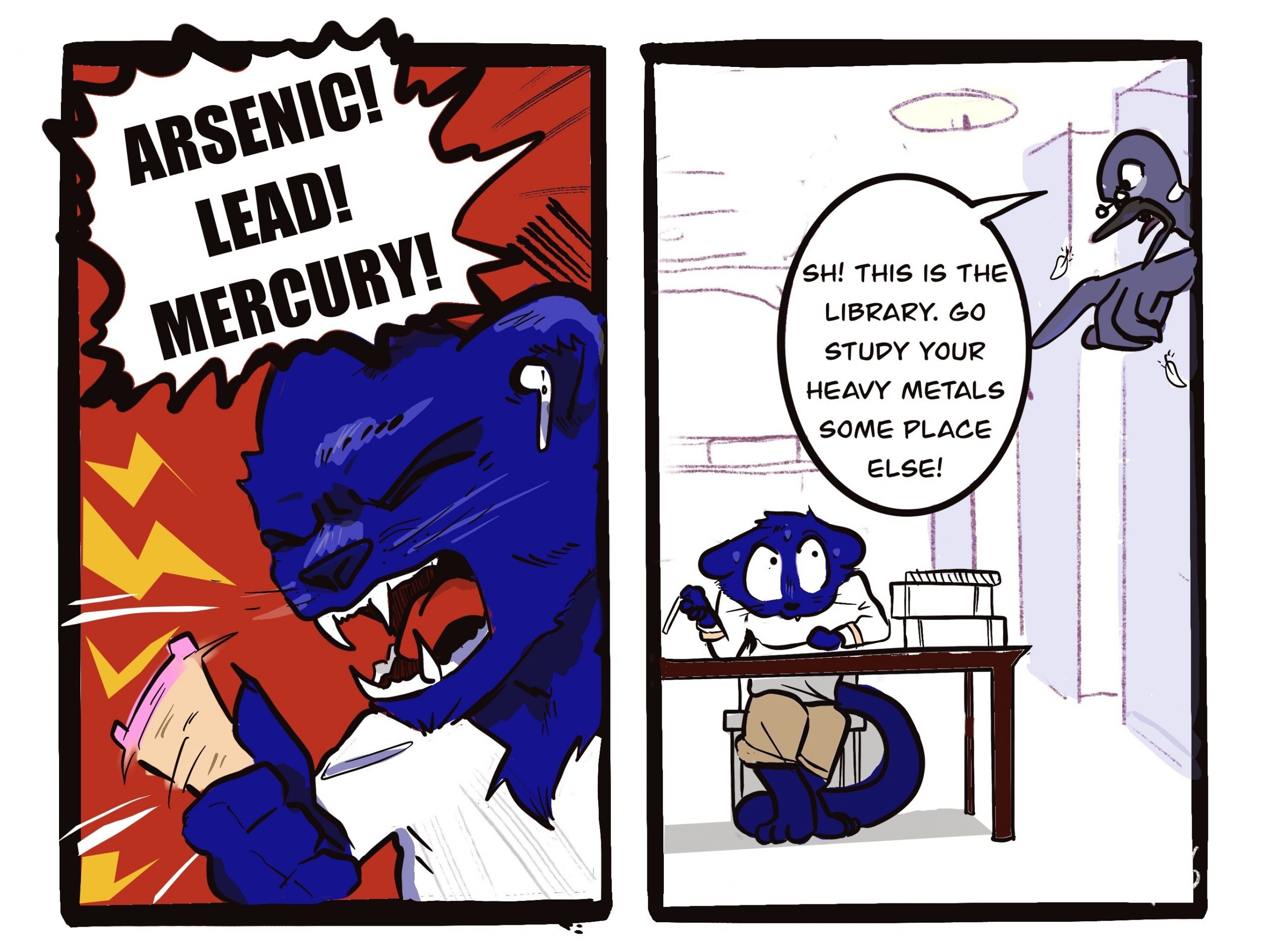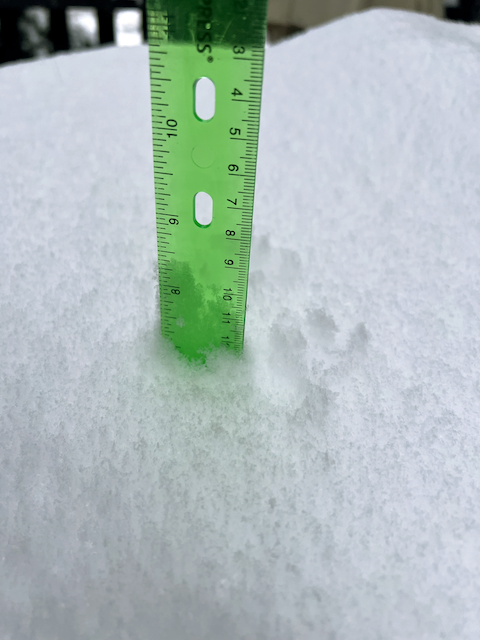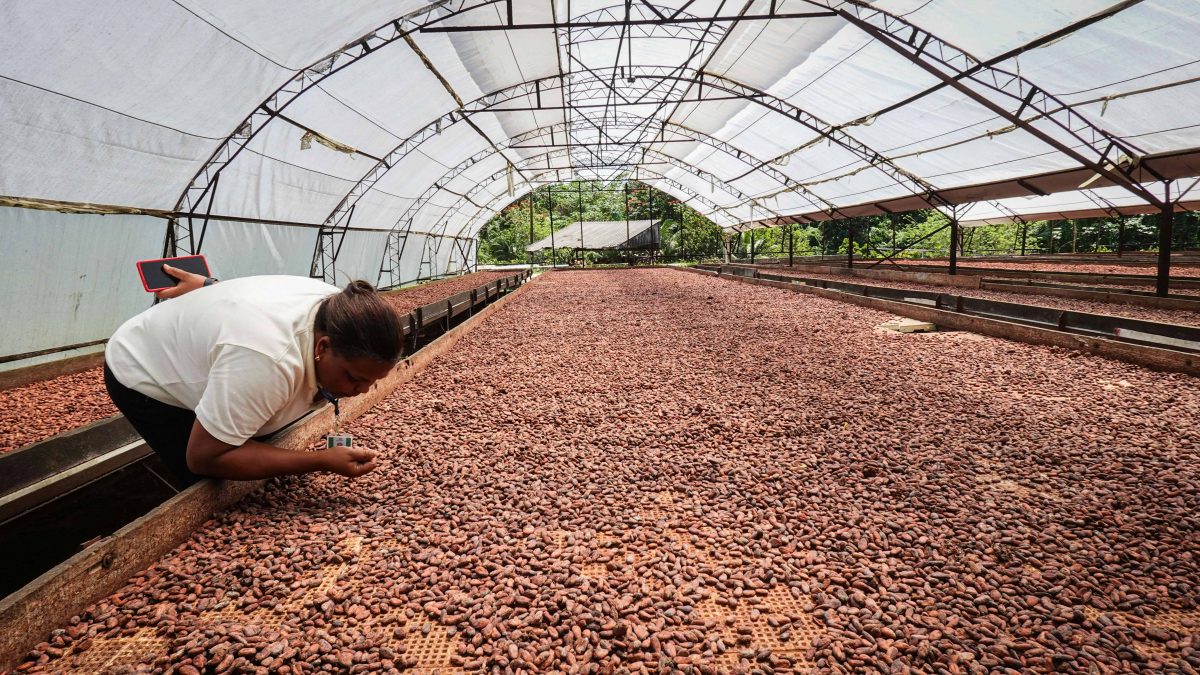
By Addison Chrivia, Editor
Is it possible to be an ethical consumer nowadays? Between fast fashion and steadily growing grocery prices, it can feel impossible to find anything that is both affordable and high quality for yourself, let alone something that’s made ethically and environmentally friendly. Even surface research on brands will make it hard to grocery shop conscientiously. In a world that constantly prioritizes profits over morals, it’s almost impossible to live life without supporting immoral business practices.
Simple Choices Are Complicated
Take the banana or the pineapple; even buying seemingly uncomplicated produce like bananas or pineapples has the consequence of supporting atrocities. The three biggest tropical fruit producers in the world are Chiquita, Dole, and Del Monte, all three of which have their own dark side.
Chiquita was found guilty of funding a paramilitary terrorist organization in Colombia that executed eight banana plantation workers, not to mention the thousands that they terrorized.¹ Chiquita was forced to pay $38 million in reparations to affected families, which, for a company with an average revenue of $3.1 billion, doesn’t even put a dent in their profits. Because they are a company, the actions of the individuals within it are not subject to retribution, even though the people affected by the murders will never get their family members back.
Dole claims on their website to support sustainability and local communities, stating, ”[We] [t]ake responsibility for the land from which it is grown.” Yet, this completely contradicts their continued destruction of wetlands; not only does their continued dumping of chemicals affect the environment, but it also left workers on banana plantations in Guatemala permanently infertile.²
On a Del Monte pineapple farm in Kenya, farm guards were known for violence, regularly beating workers and suspected thieves. Del Monte denied these claims and continued to do so even when four men were beaten to death, after which the company attempted to bribe the witnesses to sign documents supporting the company’s innocence.³
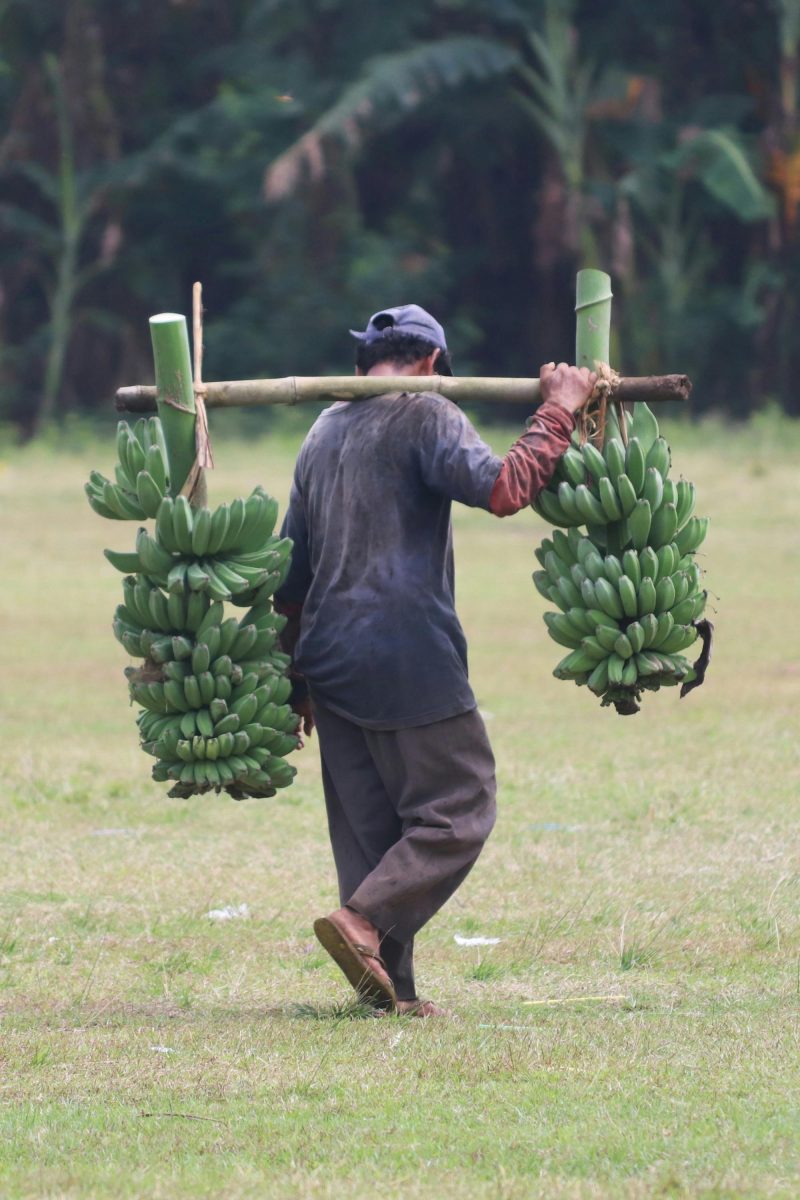
Even Favorite Foods Offer Ethical Dilemmas
Chocolate, one of everybody’s favorite treats, hides a dark secret. The poor conditions and slave labor involved in cocoa farming have been an issue reported by journalists since 1909. Right now, there is evidence of approximately 2.1 million West African children working on cocoa farms.
In 2001, a voluntary agreement was made by the Chocolate Manufacturers Association called the Harken Engel Protocol,⁴ its goal being to stop slave labor practices in chocolate production internationally. Numerous companies, including all the biggest chocolate distributors like Hershey’s, Guittard, M&M, Mars, Nestle, and more, all signed the agreement. Since then, there have been numerous updates and reports on the issue, in which companies claim to be working on fixing the issue and that they need more time.
According to the Harken Engel Protocol, companies were to stop purchasing from cocoa producers using child slavery. The first deadline was in 2005, then 2008, 2010, and each time the deadline was extended to give the companies more time to fix the issue, never holding them accountable. Essentially, this allowed corporations to make a profit on the suffering of children in the meantime. This issue still hasn’t been resolved, and Hershey, Nestle, and many other top chocolate companies get their cocoa from plantations using slave labor.
In 2020, a lawsuit was filed against Nestlé by former child slaves.⁵ There was evidence proving that Nestlé was aware of the exploitation of the children and had the economic power to change the situation, given that they were a big source of income for the farms, but management chose not to. Yet, this case was overturned by the U.S Supreme Court on the basis that the crimes took place in another country and therefore Nestle could not be prosecuted.
There are huge issues with the use of child labor with many other products as well, such as coffee, sugar, fish, meat, and produce. The Department of Labor has compiled a list of every product known to be produced with forced or child labor,⁶ and yet nothing significant has been done with the information.
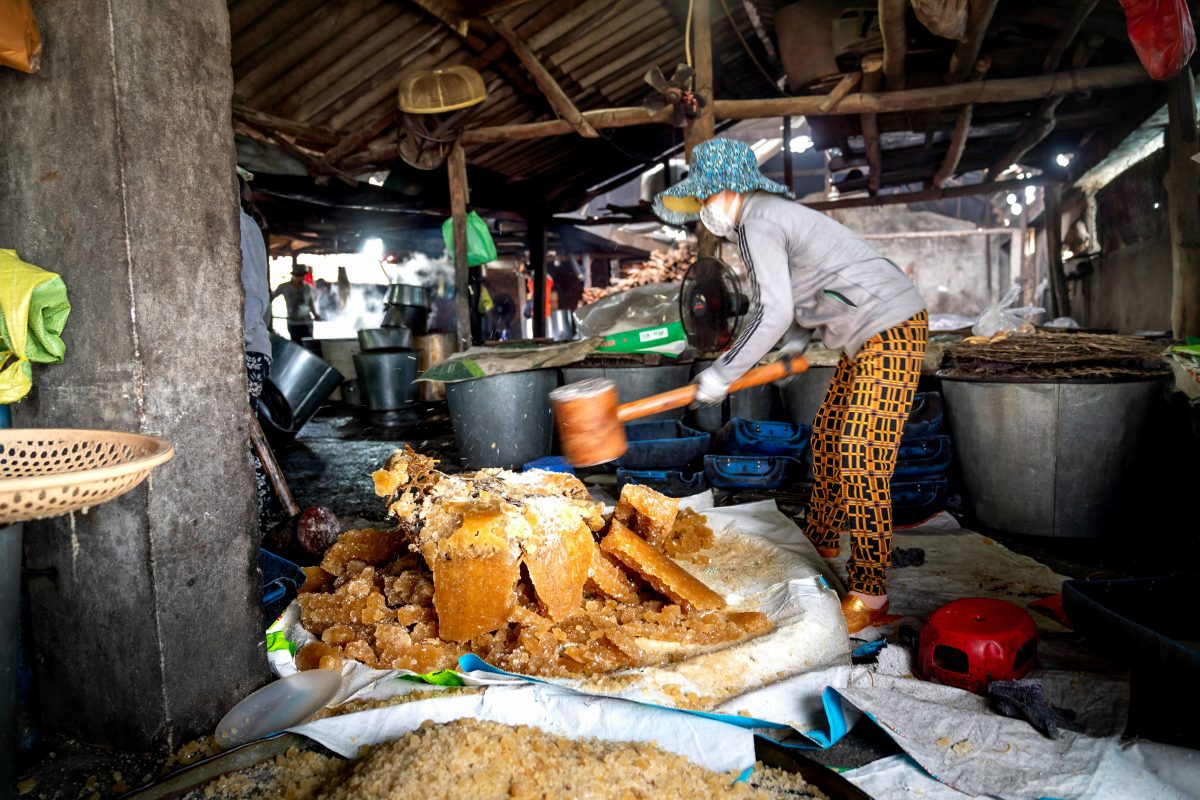
The Clothes on Our Backs, the Ethics in Our Heart
It’s not just the production of food that has major ethical issues; many of our clothes are made in sweatshops where people work for hours on end, the minerals required for our phones and devices to operate are being mined in unsafe conditions, and the millions of plastic products we throw away are mass-produced in China by underpaid workers. There are no machines that can sew clothing by themselves, so every piece of clothing, from a knitted sweater to a plain white t-shirt, has to be made individually, by a real person. It is simply not possible to ethically make a piece of clothing that costs five or ten dollars, especially when considering shipping, material costs, and employee wages. Similarly, time after time, gem mines have been uncovered to have unsafe conditions and use child workers.⁷
Many people are aware of this on some level – fast fashion is a topic that has been talked about a million times. In a world that prides itself on moving past slavery and improving so far beyond our ancestors, our marketable world is abundantly made up of products created by those in unethical positions that clearly parallel the East Atlantic slave trade. More powerful countries, like the United States, France and the United Kingdom are forcing those in the Global South (Africa, Asia, the Middle East, and Latin America) into becoming economically dependent on them and taking advantage of the cheap labor and unstable governments rather than providing aid. The relationship between France and multiple countries in Africa: Chad, Congo, Guinea, Senegal, etc. is a prominent example of this, with about 85% of their income going to France in the name of colonial taxes, where African countries then have to buy their money back as debts.⁸ The use of the word colonial taxes and the situation in its entirety makes the tyrannical nature of the situation apparent.
As a society, we have grown used to blindly buying products shipped from overseas without thinking about the people behind their production, overlooking the cheap items that could not have reasonably been produced in a way that makes sure the workers producing them are treated well. The fact that those people are in other countries where we don’t have to face them, rather than in our backyard, makes it all too easy to forget about the problem at hand, whether it’s slavery, inhumane practices, or environmental destruction.
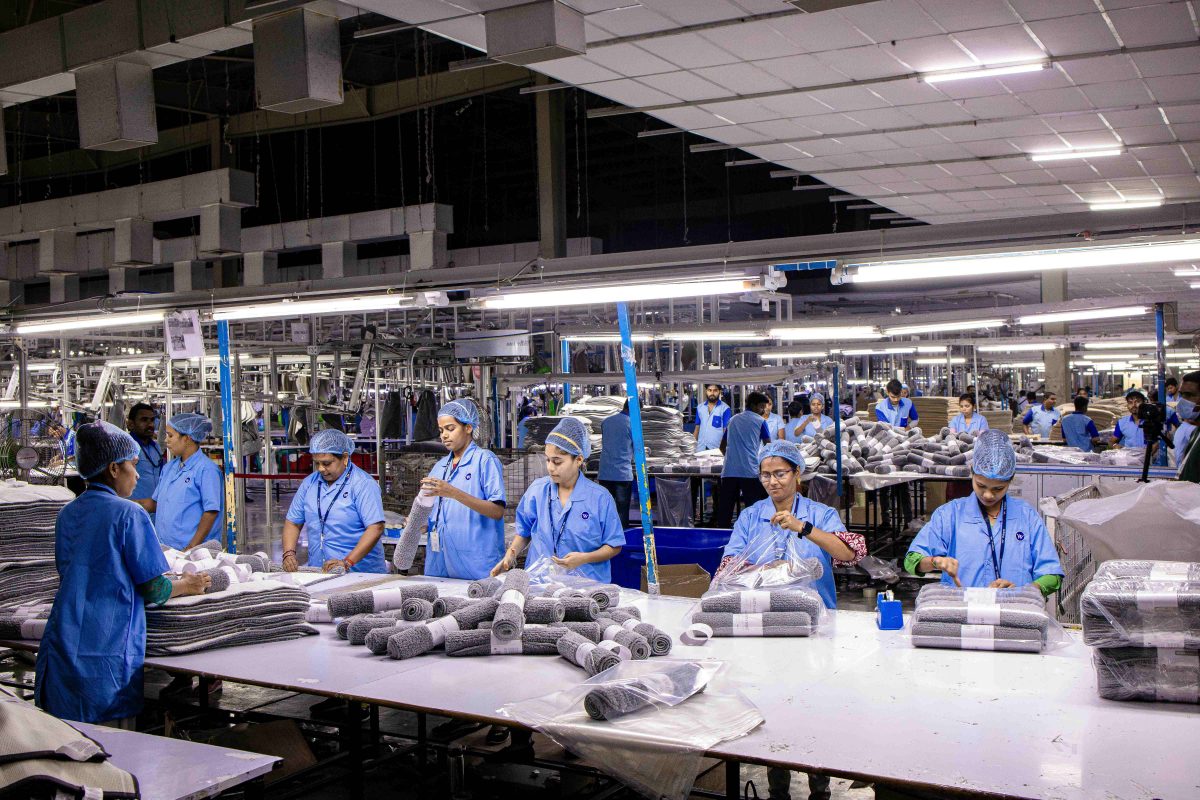
The Wolf In Sheep’s Clothing
Even companies that claim ethical practices have been caught in the act. For example, the Rainforest Alliance is an organization dedicated to making products with environmentally friendly practices, supposedly allowing the customer to easily identify what they could buy without guilt by their logo. This operation has its own issues with child labor, as well as overworking and underpaying its workers. A news report published in 2016⁹ revealed that multiple approved locations– banana, pineapple, and tea plantations in particular– were the biggest violators.
Trying to find an ethical company to buy from is a tricky task in the modern world. Any company can dress up its image and claim that its products are made ethically, as long as the labor is in another country where they can’t be fact-checked or held responsible.
When companies have finally been held accountable, they are forced to pay a small fee, a meager amount compared to their yearly profit. Crimes that would ordinarily lead to a life sentence in prison, as long as they are committed by a company, leave the individuals involved unscathed.
3M, a company that manufactures everything from tape to bandages, is just one example of a company guilty of this. In the 1970s, employees discovered PFAs and their ability to stay in the human bloodstream, causing cancer and other negative health effects. PFA’s, also known as forever chemicals, are chemicals that don’t break down easily leading them to contaminate the Earth indefinitely. They chose not to reveal this, continuing to manufacture dangerous products until 2024, when a whistleblower released the information. 3M received a $12.5 billion lawsuit for contamination of US water systems,¹⁰ before 2020, however, they regularly made an annual profit of $30 billion.¹¹ Experts agree that the effects of this company’s actions have harmed millions of people, and due to PFAs being ’forever chemicals’, will only continue to cause more harm.
Global governments need to crack down on unethical companies so that consumers can buy products free of guilt. Considering how large-scale these unethical operations are, it is extremely challenging to buy anything made without unfair labor practices. However, often the responsibility for the crimes of the company are placed on the individual who buys the product. Corporate management needs to treat its workers fairly and source materials ethically; while the actions of a company might seem huge, there are people behind the decisions choosing to do harm to others. But what can you do about it? Although we as individuals cannot change the larger problems around the unethical production of goods, we can have a say in how they are solved.
These guidelines are simple steps you can take to practice more ethical purchasing:
- Bring awareness to the companies’ actions, hold them accountable, and spread information to others.
- Boycott businesses and contact them to tell them why you’re boycotting them.
- Buy local as often as you can.
- Go to farmers’ markets.
- Grow what you can in your own yard or patio.
- Buy used and homemade items.
- Learn whatever trade skills you can and share them with others.
- Fix what you can, rather than buy new.
- Take care of what you already own to make it last.
- Buy chocolate from slave free companies using this link: https://www.slavefreechocolate.org/ethical-chocolate-companies.
If you want to purchase new items or shop for more ethically produced and sourced items, places like the Good Store, which creates all of its products ethically, only buy from manufacturers with fair labor and environmental practices. They have coffee and tea subscriptions, naturally made soaps, a unique monthly sock subscription designed by independent artists, and environmentally friendly cleaning products. One hundred percent of the profits go to charity. Some of their projects include: building a hospital in Sierra Leone, tuberculosis treatment in Lesotho, and restoring coral reefs in Maui.
While there is a lot to be done in creating a world where goods are ethically sourced, every little bit helps. Even just one person doing their part can make a difference and inspire others to do the same. It takes all of us to help make our food, clothes, and other commerce fair and harmless for everyone.
¹ Buschschlüter, Vanessa. “Banana giant held liable for funding paramilitaries.” BBC News, 11 Jun. 2024. Accessed 3 Nov. 2025.
² “Dole, Dow liable over banana pesticide infertility claim.” The Sydney Morning Herald, 6 Nov. 2007. Accessed 3 Nov. 2025.
³ Carr, Stewart. “Del Monte pineapple farm guards in Kenya alleged to ‘have beaten four trespassers to death in spate of brutal assaults’.” Daily Mail, 21 Jun 2023. Accessed 3 Nov. 2025.
⁴ United States, Congress, Department of Labor. Protocol for the Growing and Processing of Cocoa Beans and Their Derivative Products in a Manner That Complies with ILO Convention 182 (Harkin-Engel Protocol). Accessed 3 Nov. 2025.
⁵ Supreme Court of the United States. NESTLE USA, INC. v. DOE ET AL. no. 19–416, Oct. 2020. Accessed 3 Nov. 2025.
⁶ United States, Congress, Bureau of International Labor Affairs. List of Goods Produced by Child Labor or Forced Labor. Accessed 3 Nov. 2025.
⁷ “Human Trafficking Risk Factors in Gemstone Production in Africa.” Verité, 1 May 2025. Accessed 3 Nov. 2025.
⁸ Thomo, Sikhumbuzo. “Former French colonies are still paying a ‘colonial’ tax.” Mail & Guardian, 20 August. 2023. Accessed 3 Nov. 2025.
⁹ Yeung, Bernice. “Beware the little green frog logo on your sustainable food.” Reveal, 28 Nov. 2016. Accessed 3 Nov. 2025.
¹⁰ Llamas, Michelle. “PFAS Lawsuit.” Consumer Notice, 19 Aug. 2025. Accessed 3 Nov. 2025.
¹¹ “3M Revenue 2011-2025: MMM.” Macrotrends. Accessed 3 Nov. 2025.

